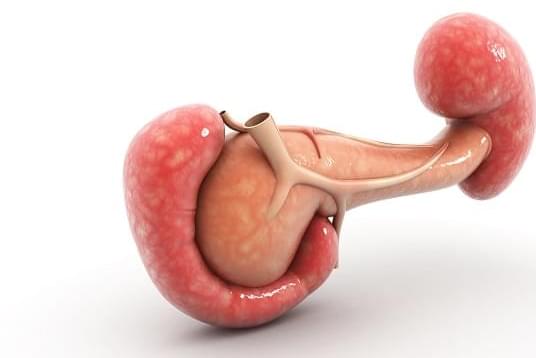Circa 2017
AsianScientist (Feb. 8, 2017) – Mouse pancreases grown in rats generate functional, insulin-producing cells that can reverse diabetes when transplanted into mice with the disease, according to researchers at the Stanford University School of Medicine and the Institute of Medical Science at the University of Tokyo.
These findings, published in Nature, suggest that a similar technique could one day be used to generate matched, transplantable human organs in large animals like pigs or sheep.
About 76,000 people in the United States are currently waiting for an organ transplant, but organs are in short supply. Generating genetically matched human organs in large animals could relieve the shortage and release transplant recipients from the need for lifelong immunosuppression, the researchers say.









Comments are closed.